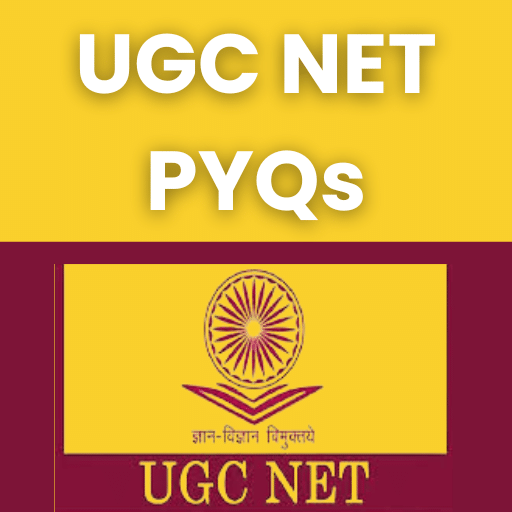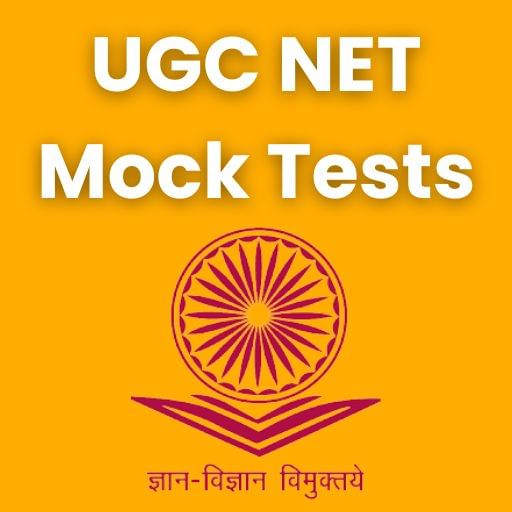Unit Test (Solution): The Wonderful World of Science | Science for Class 6 PDF Download
Attempt all questions. Time: 1 hour, M.M. 30
- Question numbers 1 to 7 carry 1 mark each.
- Question numbers 8 to 12 carry 2 marks each.
- Question numbers 13 to 15 carry 3 marks each.
- Question number 16 carries 4 marks each
Q1: What is the primary tool that science uses to explore and understand the world? (1 Mark)
(i) Experiments
(ii) Books
(iii) Memory
(iv) Guesswork
Ans: (i) Experiments
Experiments are a fundamental part of the scientific method, allowing scientists to test hypotheses and gather data to understand phenomena.
Q2: The most wonderful thing about science is that it is __________. (1 Mark)
Ans: everywhere
Science is present in all aspects of life, from nature to technology, making it a universal field of study.

Q3: Which of the following is a key characteristic of a scientist? (1 Mark)
(i) Being afraid to ask questions
(ii) Avoiding experiments
(iii) Being curious and observant
(iv) Ignoring new ideas
Ans: Being curious and observant
A key characteristic of a scientist is curiosity, which drives them to ask questions and seek answers through observation.
Q4: How does science enhance our understanding of the natural world? (1 Marks)
Ans: Science enhances our understanding of the natural world by encouraging curiosity and systematic inquiry. It allows us to observe phenomena, ask questions, formulate hypotheses, and conduct experiments to find answers.
Q5: What is the first step in the scientific method? (1 Mark)
(i) Conducting experiments
(ii) Asking questions after observing something
(iii) Making a conclusion
(iv) Memorizing facts
Ans: Asking questions after observing something
The first step in the scientific method involves making observations and asking questions based on those observations.
Q6: Observing, questioning, and experimenting are steps of the __________ method. (1 Mark)
Ans: scientific
The scientific method is a systematic approach used by scientists to explore observations and answer questions.
Q7: Why do scientists conduct experiments? (1 Mark)
(i) To test their guesses and gather evidence
(ii) To prove they are always right
(iii) To memorize facts
(iv) To avoid learning new things
Ans: To test their guesses and gather evidence
Scientists conduct experiments to validate their hypotheses and collect data that supports or refutes their ideas.
Q8: Discuss the significance of questioning and observation in the scientific method. (2 Marks)
Ans: Questioning and observation are crucial in the scientific method as they drive inquiry and exploration. They help scientists identify problems, formulate hypotheses, and gather data, leading to informed conclusions and advancements in knowledge.
Q9: Why is it essential to test ideas in scientific research? (2 Marks)
Ans: Testing ideas is vital in scientific research because it validates hypotheses and theories. It ensures that findings are reliable and can be replicated, which is fundamental for building a robust body of scientific knowledge.
Q10: In what ways does science enhance our understanding of basic survival needs? (2 Marks)
Ans: Science helps us understand basic survival needs by explaining the processes of nutrition, hydration, and shelter. It provides insights into how these elements are essential for health and well-being, guiding us in making informed choices.
Q11: Define science and explain its significance. (2 Marks)
Ans: Science is the systematic study of the natural world through observation and experimentation. Its significance lies in its ability to enhance our understanding of phenomena, improve technology, and solve real-world problems.
Q12: Provide an example of how you have applied the scientific method daily. (2 Marks)
Ans: One example is when I noticed my plant was wilting. I hypothesized it might need more water, tested this by watering it, and observed its recovery, demonstrating the scientific method in action.
Q13: Why is careful observation important in science? (3 Marks)
Ans: Careful observation is crucial in science as it allows for accurate data collection and precise analysis. It helps in identifying patterns, detecting anomalies, and understanding relationships between different factors. Scientists rely on careful observation to form hypotheses, design experiments, and verify results, ensuring that conclusions are based on reliable evidence. Without careful observation, scientific discoveries would lack accuracy and validity, limiting progress in various fields of study.
Q14: Describe a home experiment that can enhance your understanding of science. (3 Marks)
Ans: A simple baking soda and vinegar reaction experiment can enhance scientific understanding. When baking soda (a base) reacts with vinegar (an acid), carbon dioxide gas is released, causing bubbling and fizzing. This experiment demonstrates chemical reactions, gas production, and acid-base interactions, making abstract concepts more tangible. By altering the amounts of ingredients, one can observe changes in reaction intensity, reinforcing the importance of scientific testing and variables in experiments.
Q15: Explain the importance of curiosity in scientific discoveries, providing an example. (3 Marks)
Ans: Curiosity is the driving force behind scientific discoveries, encouraging researchers to question, explore, and experiment. It leads to breakthroughs by pushing scientists to seek answers beyond what is already known.
For example, curiosity about space led to the discovery of new planets and the understanding of celestial phenomena. Similarly, scientists like Alexander Fleming, who questioned bacterial growth, discovered penicillin, revolutionizing medicine. This highlights how curiosity fuels innovation and scientific progress.
Q16: How can the scientific method be utilized to address real-life problems? (4 Marks)
Ans: The scientific method helps solve real-life problems by following a structured approach:
- Identifying a problem
- Forming a hypothesis
- Conducting experiments
- Analyzing data
- Drawing conclusions
For example, if an electronic device stops working, a person can hypothesize possible causes, test different solutions like checking the battery or wiring, and analyze results to fix the issue. This systematic approach is widely used in medicine, engineering, and everyday problem-solving, making decision-making more effective and evidence-based.
|
66 videos|211 docs|27 tests
|
FAQs on Unit Test (Solution): The Wonderful World of Science - Science for Class 6
| 1. What topics are covered in the Unit Test for Class 6 Science? |  |
| 2. How can students prepare effectively for the Unit Test in Science? |  |
| 3. What types of questions are included in the Unit Test, and how are they structured? |  |
| 4. Why is it important to understand the application-based questions in the Unit Test? |  |
| 5. What resources can students use to find answers to difficult Science questions while preparing? |  |






























